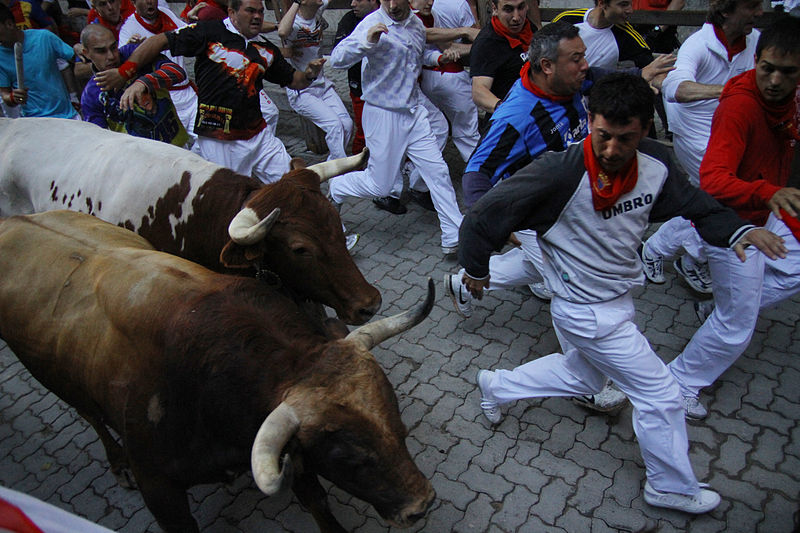The Shape Among the Figures
William Coleman
Poems move us through space of one kind or another. Since so many words began their lives in some action or image (the Latin source of “redundant,” for example, contains the image of overflowing waves), even abstract poetry creates a sense of navigation. In poetry filled with overtly concrete imagery, of course, this movement’s easier to feel, and the shapes described in the movement through the space can be revealing.
Consider these two poems, one by the late Seamus Heaney, an Irishman who taught in America, the other by the late Galway Kinnell, the American son of an Irish immigrant. A dozen years separated their births, and a decade divided the writing of these poems: Heaney’s “Digging” appeared in 1966; Kinnell’s “St. Francis and the Sow” in 1976. In both poems, the shape the speaker’s attention makes—determined by the sequence of imagery in space—describes a figure central to the meaning of the poem.
Heaney’s poem “Digging” begins as an elegy for the life he cannot lead—the farmer’s way of his father and his father’s father—then becomes the very means of uncovering a sense of kinship between that way and his own, a knowledge that gives his life meaning and purpose. As he makes this discovery, his attention drops and rises, dips and returns. It falls from his window to the ground, where it unearths the sustenance he needs: a precisely felt awareness of his place, his people, his history. The fruit of his attention he carries back up to his room, where the gripped pen readies to fall again and again to the work at hand. Digging.
Digging
Between my finger and my thumb
The squat pen rests; snug as a gun.
Under my window, a clean rasping sound
When the spade sinks into gravelly ground:
My father, digging. I look down
Till his straining rump among the flowerbeds
Bends low, comes up twenty years away
Stooping in rhythm through potato drills
Where he was digging.
The coarse boot nestled on the lug, the shaft
Against the inside knee was levered firmly.
He rooted out tall tops, buried the bright edge deep
To scatter new potatoes that we picked,
Loving their cool hardness in our hands.
By God, the old man could handle a spade.
Just like his old man.
My grandfather cut more turf in a day
Than any other man on Toner’s bog.
Once I carried him milk in a bottle
Corked sloppily with paper. He straightened up
To drink it, then fell to right away
Nicking and slicing neatly, heaving sods
Over his shoulder, going down and down
For the good turf. Digging.
The cold smell of potato mould, the squelch and slap
Of soggy peat, the curt cuts of an edge
Through living roots awaken in my head.
But I’ve no spade to follow men like them.
Between my finger and my thumb
The squat pen rests. I’ll dig with it.
“St. Francis and The Sow” is a song sung in praise of the flesh, especially that which might be called filthy, ugly, broken, stained, beneath the notice of the upright. St. Francis loved each creature equally. He found the imprint of God’s love within every made thing. And so it is no surprise to find the figure of the cross embedded in the description of the animal at the end of the poem, when the speaker leads us in a litany of imagery, from the snout to the tail, then from “the hard spininess spiked out from the spine” down to the “fourteen teats” that nourish the animal’s young. Unmixed attention is prayer, Simone Weil once wrote. Here, our attention to the least among us traces a cross inherent in living flesh, even as our attention’s direction describes the action of a blessing.
Saint Francis and the Sow
The bud
stands for all things,
even for those things that don’t flower,
for everything flowers, from within, of self-blessing;
though sometimes it is necessary
to reteach a thing its loveliness,
to put a hand on its brow
of the flower
and retell it in words and in touch
it is lovely
until it flowers again from within, of self-blessing;
as Saint Francis
put his hand on the creased forehead
of the sow, and told her in words and in touch
blessings of earth on the sow, and the sow
began remembering all down her thick length,
from the earthen snout all the way
through the fodder and slops to the spiritual curl of the tail,
from the hard spininess spiked out from the spine
down through the great broken heart
to the sheer blue milken dreaminess spurting and shuddering
from the fourteen teats into the fourteen mouths sucking and blowing beneath them:
the long, perfect loveliness of sow.

